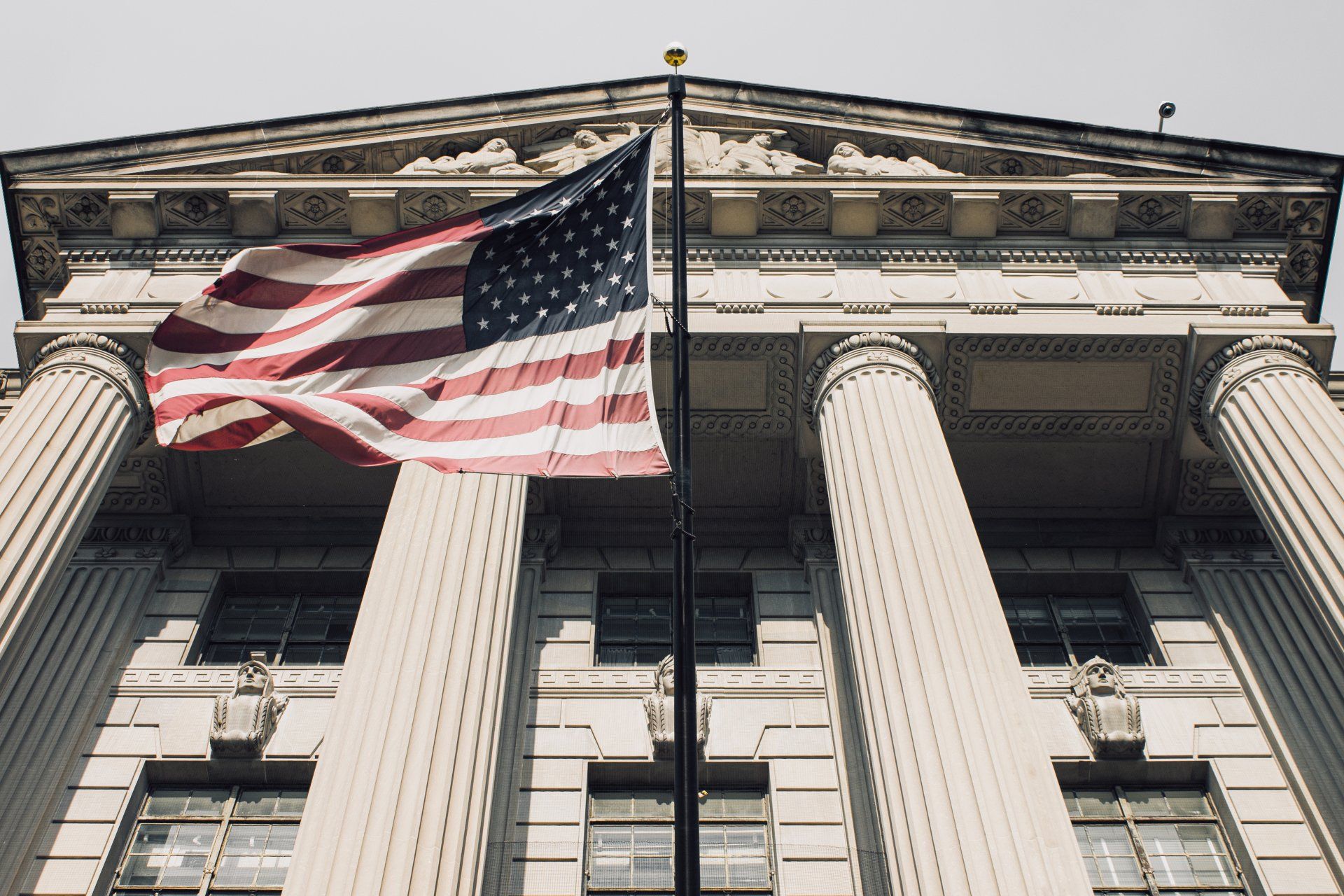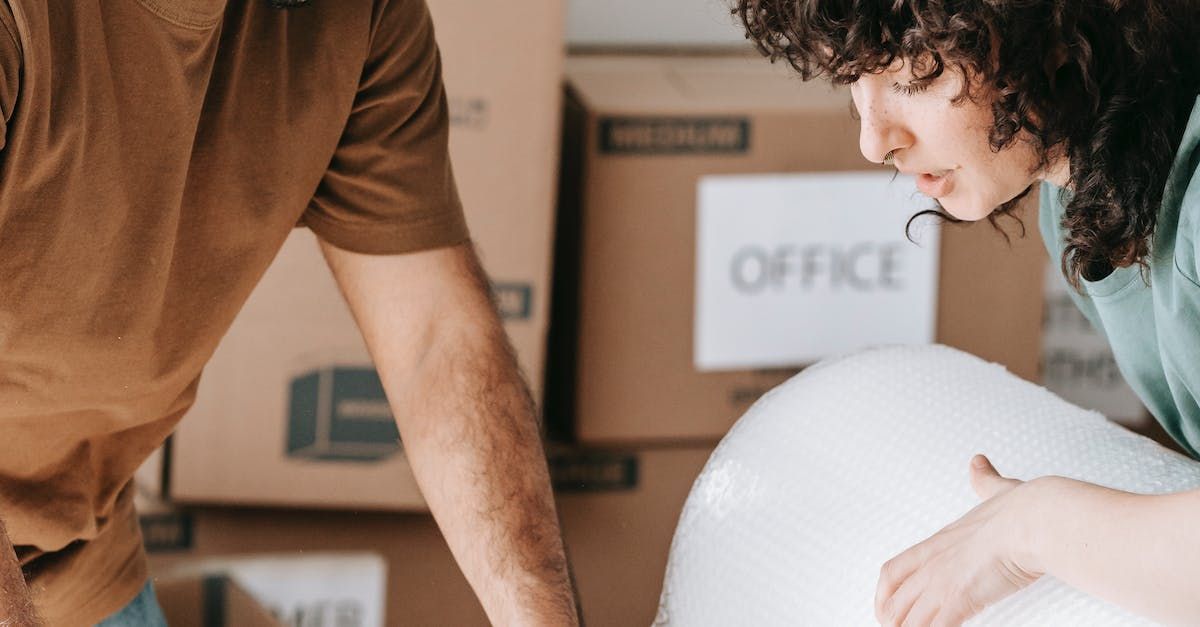Starting a Brewery in Texas
Starting a brewery in Texas can be an exciting and rewarding venture. Texas is renowned for its vibrant craft beer scene, rich culture, and diverse customer base, making it a great place to establish a brewing business. Brewers can enjoy the creative freedom of experimenting with unique flavors and styles, catering to the eclectic tastes of the locals. In addition, Texas offers favorable business conditions and supportive communities that can help accelerate the growth of new breweries. With the state's increasing popularity as a beer destination, starting a brewery here also provides opportunities for creating connections, building a loyal customer base, and contributing to the local economy and culture. Staring such a brewery involves a series of essential steps, including planning, securing funding, selecting a suitable location, and obtaining the necessary licenses and permits. This is an exciting but complex process, requiring careful planning and adherence to state and federal regulations.
Timeline for a Brewery Startup in Texas
Crafting a detailed business plan is the first step, which should include information on the target market, competitive analysis, and financial projections. Once the plan is ready, entrepreneurs can seek funding through loans, investors, or personal savings. Selecting an appropriate location is crucial, as it must accommodate production needs, comply with zoning laws, and be strategically situated for distribution and sales. There are many other factors to consider which our TABC attorneys can assist you with.
Importantly, registering the business with the Texas Secretary of State is required, as well as applying for an Employer Identification Number from the IRS. The next step is obtaining a Texas Manufacturer's License from the Texas Alcoholic Beverage Commission (TABC) and a Brewer's Notice from the federal Alcohol and Tobacco Tax and Trade Bureau (TTB). These licenses require a thorough application process involving business information, background checks, and site inspections. Once licensed, brewers can install equipment, test their recipes, and commence production. In Texas, breweries can also opt for a Brewpub License, allowing them to sell directly to consumers. Below is a list of the startup brewery process and related timelines:
Starting a Brewery in Texas
1. Crafting a Business Plan
Estimated Time: 1-2 months
Your business plan should define the scope of your brewery, target market, competitive analysis, and financial projections. It should also outline your marketing and sales strategies, business structure, and potential risks.
2. Securing Funding
Estimated Time: 1-2 months
Lenders and investors would typically need to see your business plan, personal financial statement, tax returns, and possibly some collateral.
3. Selecting a Suitable Location
Estimated Time: 1-3 months
Look for a location that accommodates your production needs, has adequate utilities (like water and sewer), and is in compliance with local zoning laws. You'll need a physical location before applying for permits and licenses.
4. Incorporating Your Business
Estimated Time: 1-2 weeks
Register your brewery as a legal entity with the Texas Secretary of State. You'll also need to apply for an Employer Identification Number (EIN) with the IRS.
5. Obtaining Texas and Federal Licenses
Estimated Time: 4-8 months
You need to apply for a Texas Manufacturer's License (Brewpub License if you plan to sell directly to consumers) from the TABC and a Brewer's Notice from the Alcohol and Tobacco Tax and Trade Bureau (TTB). Both applications require submitting your business information, location, owners, and financial records. Background checks and site inspections are also involved. For more information on Securing a Texas Liquor License click on the link.
6. Brewing Equipment Installation and Testing
Estimated Time: 2-4 months
Once your licenses are approved, you can install your brewing equipment and start test batches to perfect your recipes.
7. Final Inspection and Approval
Estimated Time: 1-2 months
Once your brewery is set up, TABC will conduct a final inspection. If everything is compliant, you'll receive approval to start manufacturing.
8. Brewing and Packaging
Estimated Time: Ongoing
With approval in hand, you can start production. Be sure to follow the guidelines for packaging and labeling as per TABC and TTB regulations.
9. Distribution
Estimated Time: Ongoing
You can self-distribute or contract with a distributor to get your beer to market. Make sure you comply with Texas distribution laws and have the necessary permits.
TABC Licensing and Compliance Attorney
Remember, starting a brewery involves considerable planning, time, and investment. Consult our attorneys at Wilson Whitaker Rynell for helping you understand the regulatory process with the TABC and TTB. Also, keep in mind that the actual timeframes listed in this article may vary depending on several factors, including your resources, experience, local conditions and the permitting process itself. Simply, starting a Brewery can be fun and rewarding but it is a process and it takes time.


Have an idea for a blog? Click and request a blog and we will let you know when we post it!
Let’s talk about your legal issue
Wilson Legal Group P.C.
d/b/a Wilson Whitaker Rynell
(972) 248-8080 (Dallas) MAIN OFFICE
(713) 830-2207 (Houston) Appointment Only
(512) 691-4100 (Austin) Appointment Only
For more information on how we can assist in your intellectual property, commercial litigation, divorce, or other personal needs, let us know how we can help you:
How Can We Help You?
WILSON WHITAKER RYNELL
Thank you for contacting us!
We will get back to you as soon as possible.
Please try again later.
Disclaimer:
This form does not establish an attorney-client relationship, and should only be used to contact the firm about scheduling a call or meeting. No confidential or sensitive information should be sent using this form.
The law office of Wilson Legal Group P.C. (d/b/a Wilson Whitaker Rynell) represents clients nationwide, including Dallas, Austin, Houston, and other Texas areas such as Fort Worth, Arlington, Carrollton, Plano, Allen, Lewisville, Flower Mound, Irving, Denton, McKinney, North Richland Hills, and all cities within Dallas County, Tarrant County, Collin County, and Denton County.
OFFICES
ABOUT
CONTACT
BLOG
JOIN OUR NEWSLETTER
Wilson Whitaker Rynell
16610 Dallas Parkway, Suite 1000
Dallas, Texas 75248
972-248-8080 (MAIN)
972-248-8088 (FAX)
info@wrrlegal.com (E-MAIL)











